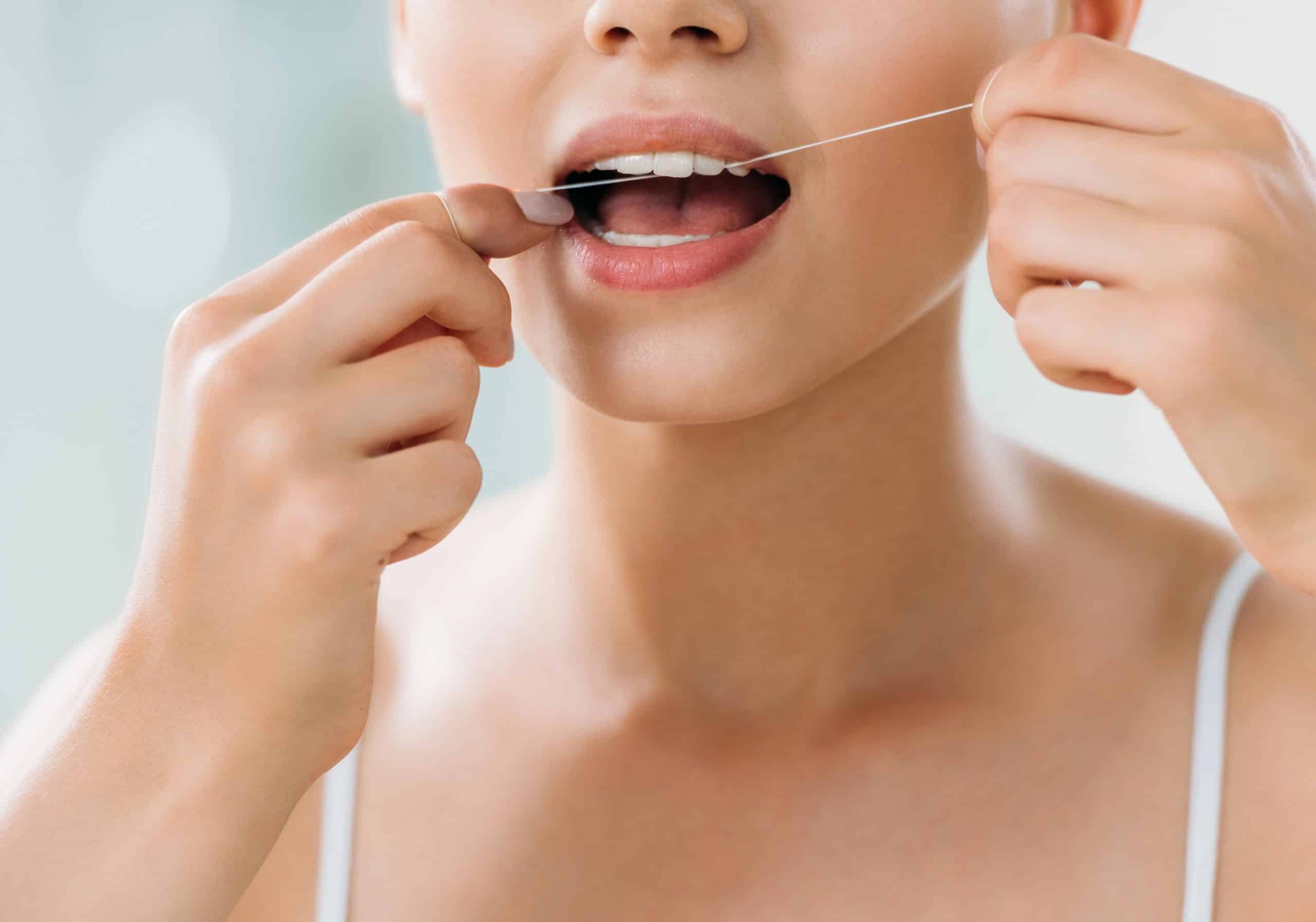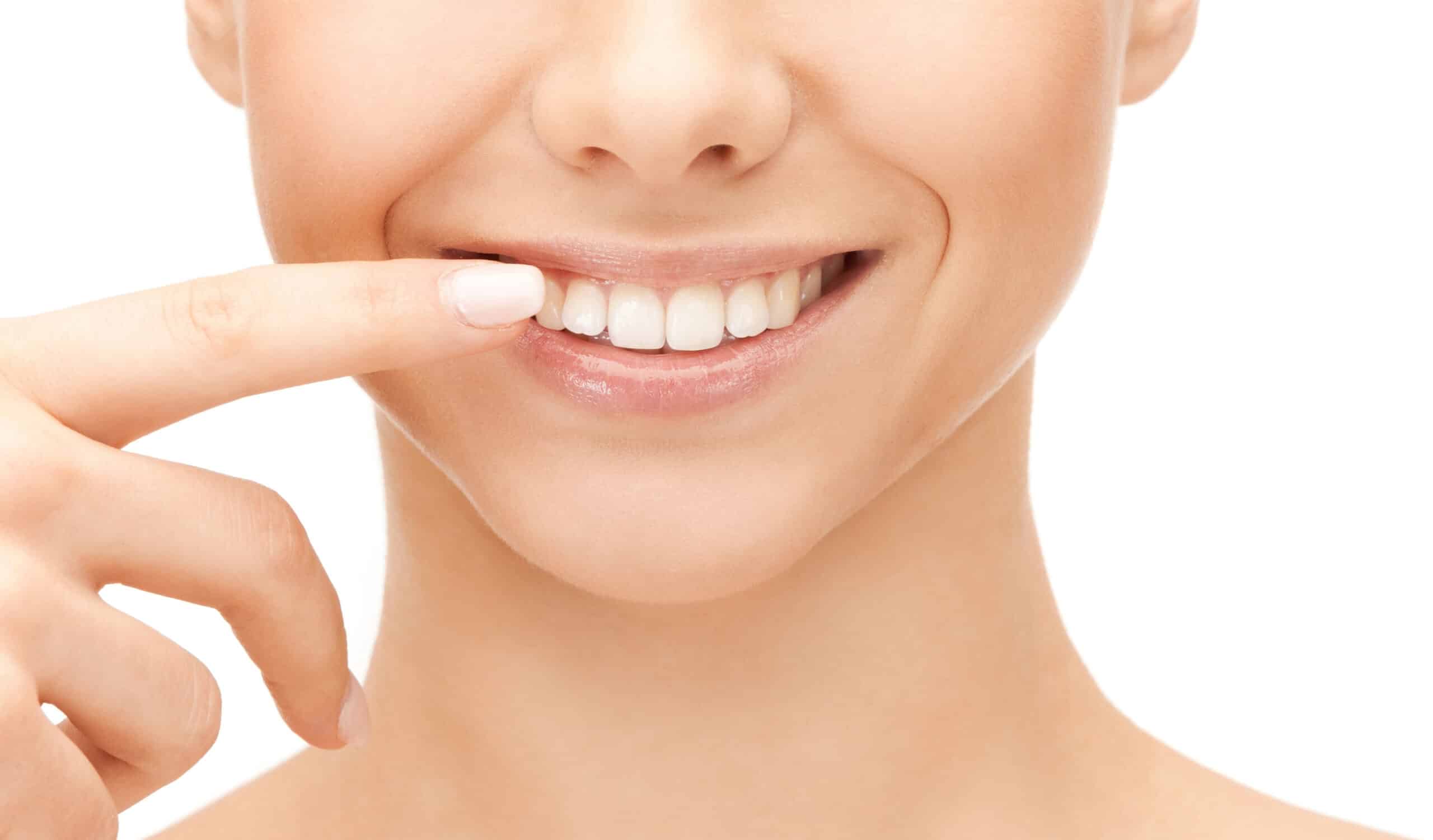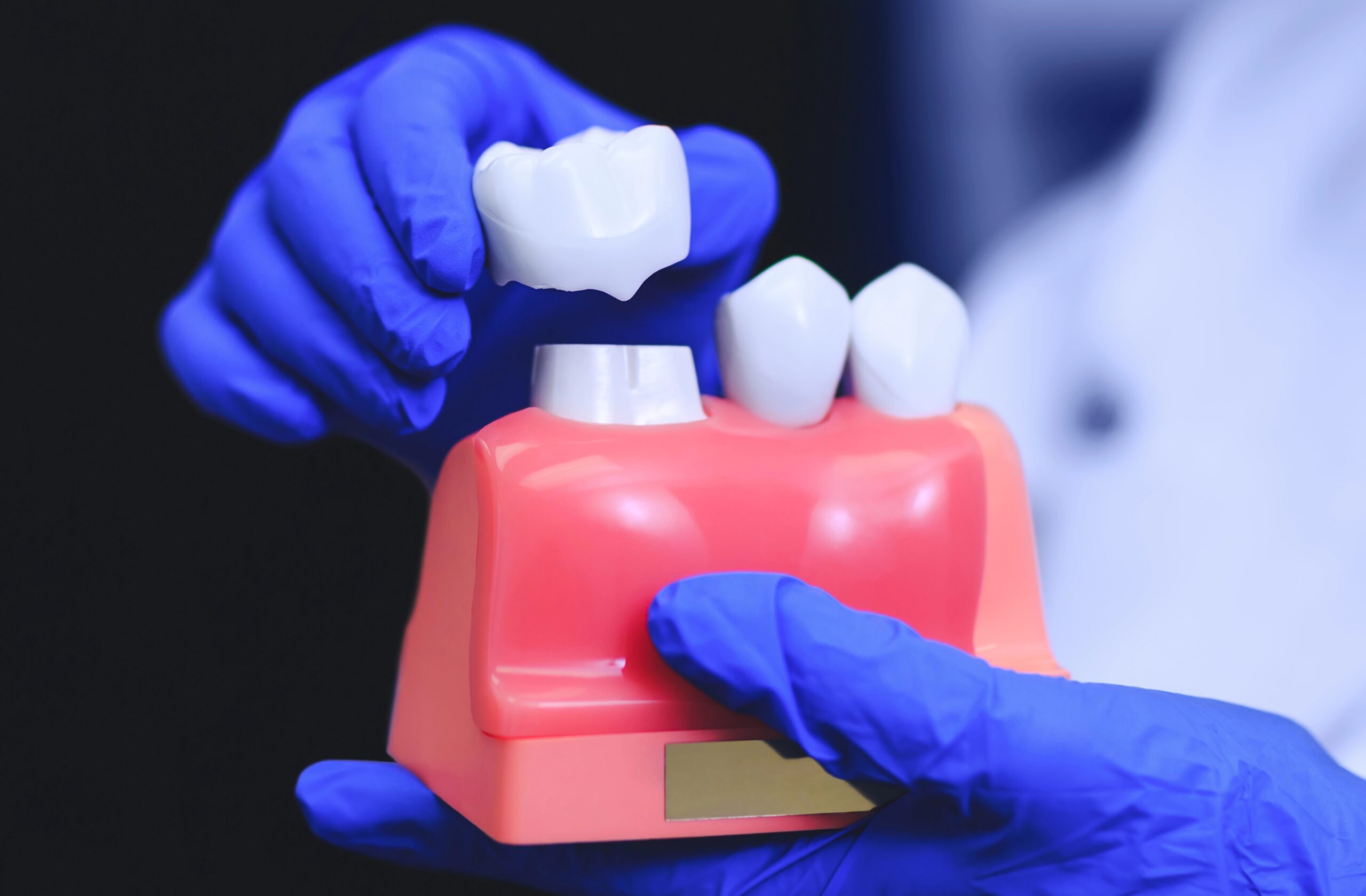
Keeping Your Child’s Smile Bright and Healthy: A Guide to Children’s Dentistry
- Posted on July 9, 2024
As a parent, there's nothing quite like the joy of seeing your child's bright, healthy smile. But did you know that maintaining that smile goes beyond just regular brushing and flossing? Children’s dentistry plays a crucial role in your child's overall well-being, starting from their first tooth all the way into their adolescent years.
Tooth decay is the #1 chronic childhood disease, and the rate of cavities is four times higher in children from low-income families. So, how can you ensure your child's oral health is not just good, but great?
Early Dental Care Practices
Starting Dental Hygiene Early
Forming good oral hygiene habits mustn't be delayed. Kickstarting dental hygiene practices as early as infancy lays the groundwork for lifetime dental health. Don't wait for the first tooth to appear to start cleaning your child's gums. Following each feeding, you can gently wipe their gums with a soft, damp cloth.
Once the very first tooth peeks through, it's time for an upgrade! Arm yourself with a soft toothbrush and plain water. Remember, brushing twice a day isn't just a rule for adults. Practice brushing routines with your child every morning and night. Make these two-minutes count by ensuring they brush all surfaces of the teeth. As they age, gradually introduce fluoride toothpaste, starting with a tiny, pea-sized amount.
The Role of Children’s Dentists
Pediatric dentists are specialists who've received additional training over 2-3 years to cater to the unique dental needs of infants, children, and adolescents, and have an office which is more child-centred.Â
Dentists will treat any existing dental issues your child might have, these professionals play a key role in early detection and prevention of future problems.
But how early should your child start visiting a dentist? Don't wait for a year to pass by. Ideally, schedule your child's first dental examination by the age of 1, or within 6 months of their first tooth coming in. Following that, keep up with regular checkups every 6 months.
Dentists also offer preventive treatments like dental sealants and fluoride applications. Through protective coatings on the chewing surfaces of the back teeth (sealants), and tooth-strengthening fluoride, they can mitigate risks of future tooth decay.

Establishing Daily Oral Hygiene Routines
Teaching children about dental upkeep at a young age is crucial, as it lays the groundwork for a lifetime of healthy smiles. According to extensive pediatric dentistry research, daily dental hygiene practices are a key factor in ensuring this. These practices should ideally involve proper brushing and flossing techniques that are easy for children to follow and incorporate into their everyday habits.
Brushing and Flossing Techniques
Children should be taught proper brushing and flossing methods as soon as they can grip a toothbrush. A pea-sized blob of fluoride toothpaste is applied to a soft-bristled brush, demonstrating that only a small amount is effective. Show them how to brush all surfaces of their teeth—front, back and chewing edges, ensuring no part is left untouched.
Flossing, while it could be a bit tricky for younger children, is an essential part of dental hygiene that can't be overlooked. Start by having your child floss between teeth that touch, typically from ages 2 to 3. If necessary, let them use child-friendly plastic flossers.
Remember, children learn by observation so make sure you're setting a good example. Incorporate your own oral hygiene routine into theirs by brushing and flossing together. This not only provides a clear demonstration but also reinforces the significance of regular dental care.
Importance of Regular Brushing Schedule
Oral health experts recommend brushing twice each day—for two minutes—a schedule which promotes the removal of plaque and prevention of tooth decay. The morning brush wipes off the night's buildup, while the evening one cleans out the day's worth of food particles and sugary substances.
Sticking to this schedule helps structure a child's routine and impresses upon them the necessity of regular dental maintenance. It's helpful to incorporate a fun element, like a 2-minute song or timer, that can add an engaging twist to their brushing routine. And remember, regular dentist visits are an important aspect of maintaining oral health. Encourage your child to look forward to these visits as part of their healthy smile mission.
Nutritional Choices That Enhance Oral Health
Diet plays a significant role in maintaining not only overall health but dental health as well. Evaluating the food and drink choices we make for children can help positively influence their oral health.
Choosing Teeth-Friendly Foods and Drinks
Selecting wholesome and nutrient-rich food options supports a healthy smile in children. Fresh produce, dairy, and fruits, which provide essential vitamins and minerals, are beneficial for strengthening teeth and gums.
Consider incorporating calcium-enriched foods into your child’s diet, which contribute to stronger bones and teeth. Options include dairy foods like milk, cheese, and yogurt. If your child follows a vegan diet or has lactose intolerance, alternatives are available. Explore foods like fortified plant-based milk or leafy green vegetables that are rich in calcium.
Also, staying hydrated with water is beneficial for oral health. Regular water consumption stimulates saliva production. Saliva plays an essential role in maintaining a healthy mouth as it washes away food particles and neutralizes acids produced by bacteria, thus supporting cleaner teeth.
Foods to Avoid for Dental Health
While maintaining a teeth-friendly diet, it's essential to moderate the intake of foods with high sugar content like sodas, candies, and cookies. Sugar can contribute significantly to tooth decay. It turns into acid in the mouth, which can erode the enamel on your child’s teeth leading to cavities, bad breath, and discomfort.
By limiting sugary snacks and opting for healthier alternatives, wholesome snack options nourish the body and promote better dental health. Also, encouraging your child to rinse their mouth or brush their teeth after consuming sweets can help prevent potential ill effects on their oral health.

Keeping Smiles Bright at Tooth Buds Dentistry
At Tooth Buds Dentistry, we understand the importance of creating a comfortable and welcoming environment for children. Our team is dedicated to helping young patients overcome their fears and develop a positive attitude towards dental care. If your child is experiencing dental anxiety, visit us to learn more about our child-friendly approaches and services.

Dr. Prabhdeep Kaur, a General Dentist, has been enriching the field of dentistry with her expertise for over 13 years, having obtained her license in Canada in 2015. A holder of a BDS degree, Dr. Kaur’s proficiency spans a wide array of dental services, including General and Cosmetic Dentistry, Wisdom Teeth Extractions, Invisalign, and more. Her commitment to her craft is further evidenced by her memberships in prestigious organizations like the Ontario Dental Association, the Academy of General Dentistry, and the Royal College of Dental Surgeons of Ontario.
Renowned for her patient-focused approach, Dr. Kaur emphasizes the importance of listening and customizing treatments to meet individual needs, viewing dentistry not only as a science but also as an art form dedicated to enhancing and restoring smiles. Her dedication to ongoing education ensures she remains at the cutting edge of dental advancements.
Outside her professional life, Dr. Kaur enjoys family time, travel, and cinema, adding a relatable and approachable dimension to her persona. She is passionate about delivering professional and quality dental care, driven by her desire to connect with people and address their dental needs effectively.
Dr. Kaur’s journey in dentistry serves as an inspiration for aspiring dental professionals, advocating determination, motivation, and enjoyment in their work. Follow her journey and professional updates on Instagram @drprabh84, where she continues to inspire both her patients and peers in the dental community.






